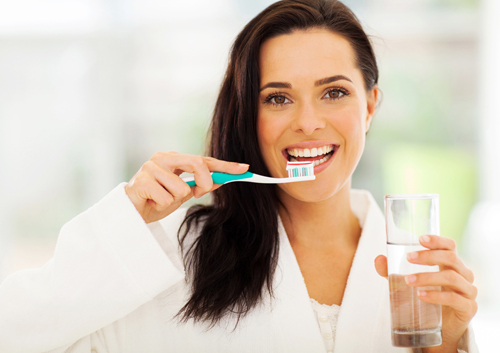Losing a Baby Tooth Prematurely
November 19th, 2019

Losing a baby tooth is often an exciting event in a child’s life. It’s a sign your child is growing up, and might even bring a surprise from the Tooth Fairy (or other generous party). But sometimes, a baby tooth is lost due to injury or accident. Don’t panic, but do call our Dartmouth, MA office as soon as possible.
If Your Child Loses a Tooth
It is important to see your child quickly when a baby tooth is lost through injury. The underlying adult tooth might be affected as well, so it’s always best to come in for an examination of the injured area. The American Dental Association recommends that you find the lost tooth, keep it moist, and bring it with you to the office. Call Dr. Ghenta immediately, and we will let you know the best way to treat your child and deal with the lost tooth.
Baby Teeth Are Important
There are several important reasons to look after your child’s first teeth. Baby teeth not only help with speech and jaw development, but they serve as space holders for permanent teeth. If a primary tooth is lost too early, a permanent tooth might “drift” into the empty space and cause crowding or crookedness.
Space Maintainer
A space maintainer is an appliance that does exactly that—keeps the lost baby tooth’s space free so that the correct permanent tooth will erupt in the proper position. The need for a space maintainer depends on several factors, including your child’s age when the baby tooth is lost and which tooth or teeth are involved. We will be happy to address any concerns you might have about whether or not a space maintainer is needed.
It is important to remember that there are solutions if the Tooth Fairy arrives at your house unexpectedly. Keep calm, call our office, and reassure your child that his or her smile is still beautiful!





 Website Powered by Sesame 24-7™
Website Powered by Sesame 24-7™